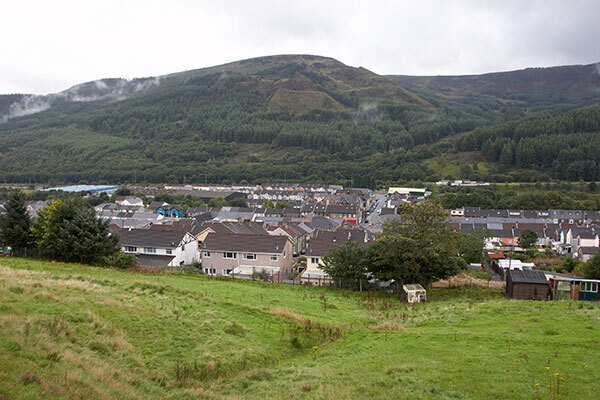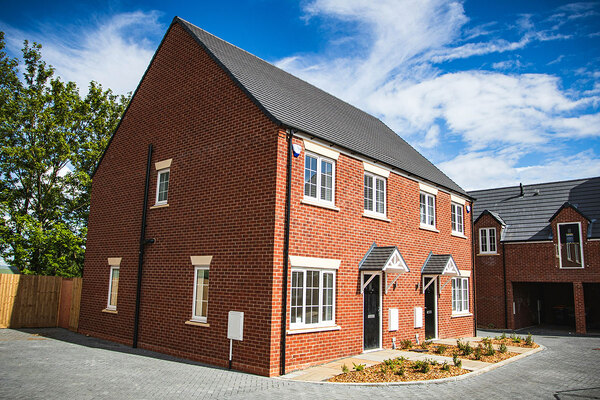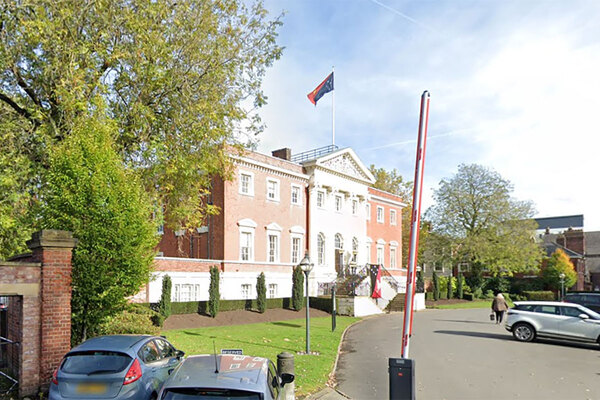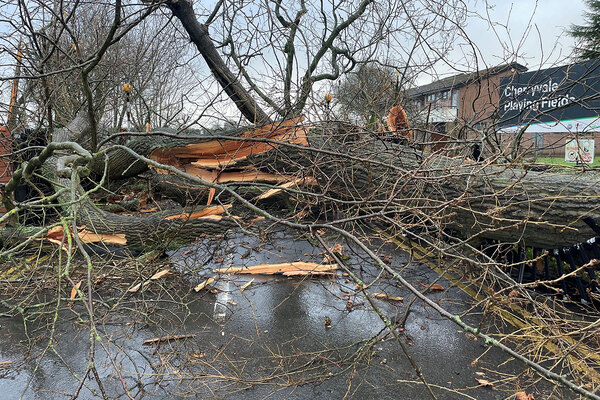You are viewing 1 of your 1 free articles
Net zero costs would ‘bust’ most housing associations without extra funds, claims PlaceShapers chair
The majority of housing associations would “go bust” if net zero costs were added into business plans without any additional support, the chair of PlaceShapers has told MPs.
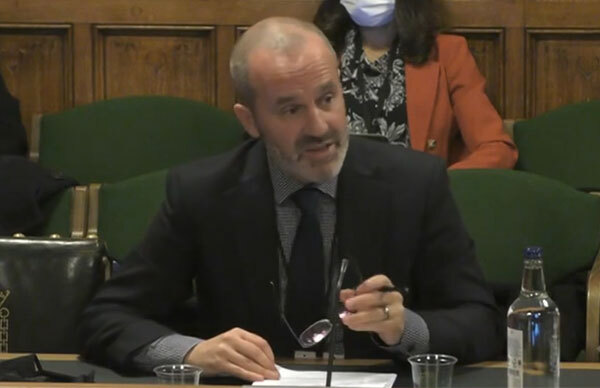
Speaking yesterday in parliament, Matthew Walker, chair of PlaceShapers and chief executive of Leeds Federated, said that the majority of housing associations that have added the cost of net zero commitments into their long-term business plans, predicted they would go bust without any extra support.
The chair of PlaceShapers, which represents more than 100 housing associations across the country, was being questioned by MPs at the Levelling Up, Housing and Communities Committee session looking into the regulation of the social housing sector.
During his evidence, Mr Walker said that after taking up the role as chair, he spoke to 116 chief executives of PlaceShapers members and asked them about the net zero challenges they faced.
Mr Walker said: “There was only one chief executive who told me that they had the full knowledge of how much it was going to cost to get to net zero carbon and included that within their business plans, and it hadn’t busted their business plan.
“In other words everybody else who knew the full cost of net zero carbon would bust as things stand their business plans.”
The UK net zero plan currently stipulates that the country should be fully net zero by 2050, with all UK homes to have an energy performance certificate (EPC) rating of C by 2035. Research by Inside Housing in 2020 estimated that the full cost of decarbonising the social housing sector would cost landlords £104bn.
The issue of retrofitting social housing stock was raised on a number of occasions by those giving evidence, with many highlighting how it was one of a number of conflicting cost pressures, social landlords were facing.
Kate Henderson, chief executive of the National Housing Federation, said landlords are dealing with several competing priorities, including building safety, climate crisis and upgrading the quality of their existing stock, and called on the government for more help.
She said: “I think we really want closely with government, with residents and with partners to work out how we come up with a solution that balances these priorities and enables us to develop a working strategy for housing to house people on the lowest incomes in this country.”
Chloe Fletcher, policy lead at the National Federation of ALMOs, said that one way the government could help is by making its current net zero funding streams more long term.
She called for a net zero funding stream that would mirror the Affordable Homes Programme, which sees billions of pounds channelled towards associations to develop over a five-year period.
Ms Fletcher said: “It would be good for our members to be able to do some proper asset management and set up a proper strategy, so they can bid when they are ready.
“At the moment the timescales are so tight, and we all know the supply chain issues we are facing.
If you can’t find people to do the work, some members may have to give money back and that is no good for anyone.
“We would just like to work with gov to make that a flexible programme.”
In addition to the net zero challenges, the panellists mentioned the issues of fire safety and upgrading existing stock as major cost pressures on landlords.
Mr Walker outlined the scale of fire safety issues for some of its members, with one particularly stark case study.
He said: “One association at PlaceShapers told us that they will have to provide £70m over next five years to cover the cost of building safety issues.
“This is an organisation with an annual rental income of £50m to £60m, this means a fifth of their income is going to have to go on fire safety.”
The panellists were also questioned on the conditions revealed in the ITV News investigation, which showed widespread examples of sub-standard accommodation across a number of councils and housing associations.
When asked what her response was to the examples discovered in the ITV investigation, Ms Henderson apologised and said that these instances were unacceptable and that the members associated with these properties have taken it “very seriously”.
She said: “What we have seen isn’t right, but this isn’t the norm. Social Housing is higher quality than other tenures. The 2020 data on the Decent Homes Standard shows 88% of social homes passed the Decent Homes Standard, and that is compared to 79% in the private rented sector and 84% in the owner-occupied sector.
She added: “However, where our homes don’t meet the standard, we have work to do and we have work to do to make sure we improve the quality of all of our homes.”
The panel also raised concerns over the current energy crisis and what impact this would have on instances of damp and mould in social housing homes in the coming months.
Mr Walker pointed out that one of the contributing factors to damp and mould was an inadequately heated house.
“We know with the increasing energy prices, we know there will be an increasing number of people who find it difficult to heat their homes, and its hard for that not to have an impact on increase incidents of damp and mould across the country, and that is why it is important for associations to improve the thermal efficiency of their homes.”
Ms Henderson said that around 3% of all housing association homes have some kind of damp and mould because of condensation.
She added: “This happens very often because the resident can’t afford to heat their homes or can’t afford to ventilate their home.
“We are really worried this could get worse with the current energy crisis.”
Sign up for our asset management newsletter
Already have an account? Click here to manage your newsletters
